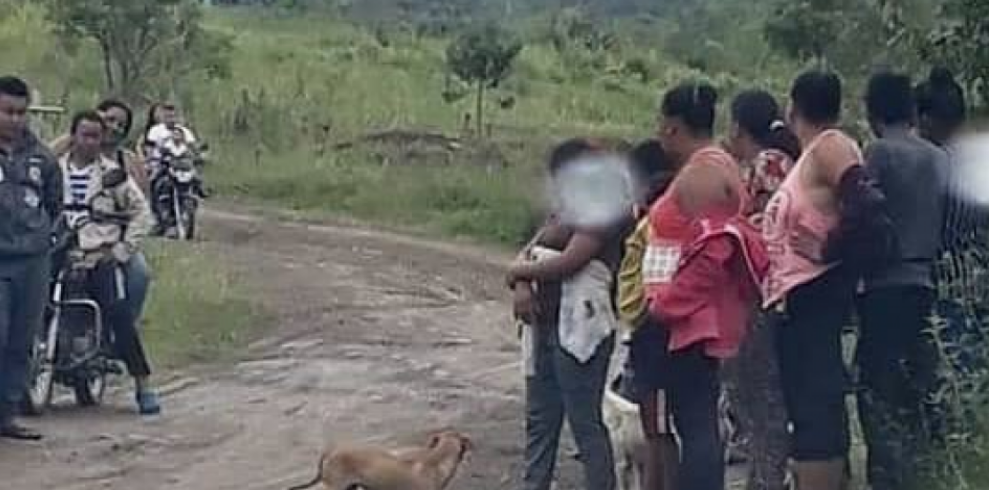Sources: El Tiempo, Contagio Radio, Justice for Colombia,
About
Jhon Jader Cayapú was an indigenous lobbyist who lived in Corinto, Cauca.
The Killing & Investigation
On Monday, April 15, around 11 a.m, his lifeless body was found lying next to a motorcycle, showing several gunshot wounds and signs of violence.
As for the motives for his murder and the perpetrators, there is no information and both the Prosecutor’s Office and the Police have not made any statement on the crime.
In the region, it was not ruled out that he had been the victim of a criminal gang associated with paramilitary groups.
Johana Dagua, a member of the Indigenous Guard in Corinto and a family member from Cayapú, said that they do not know who caused the death of the community member and the reasons for it, since he was only engaged in agriculture and in the care of his son.
Regarding the murder of Cayapú, Dagua said they have had no communication from the Prosecutor’s Office or the police so far, and they hope that official institutions will contact the family to agree on support mechanisms to help them cope with this difficult situation.
The Context
According to the communities, 51 indigenous people have been killed this year. Ana Deida Secué, advisor to the Association of Indigenous Councils of the North of Cauca (Acin), criticized the recent message of former president Alvaro Uribe, who in his opinion invited « a massacre ».
Communities also denounced the appearance of a pamphlet signed by the ‘Black Eagles’, offering up to $100 million for attacking indigenous leaders.
According to the National Indigenous Organisation of Colombia (ONIC), Jhon is the 64th indigenous leader or activist murdered since President Iván Duque took office eight months ago.
North Cauca remains heavily affected by political violence and instability, with high presence of armed groups seeking to occupy territories vacated by the FARC after it reformed as a political party under the terms of the agreement.
In addition to the high rates of killings of social activists, communities have suffered confinement, displacement and kidnappings.
Altogether, around 500 social activists and human rights defenders have been murdered since the peace agreement was signed.

